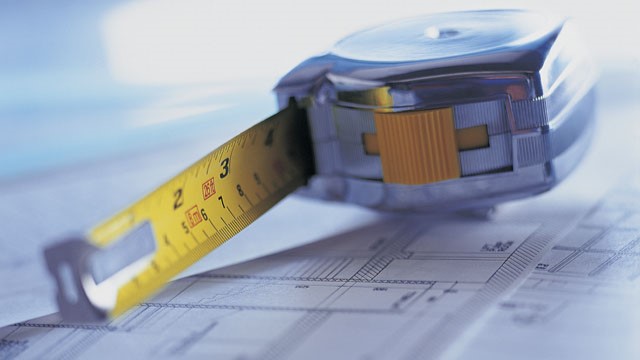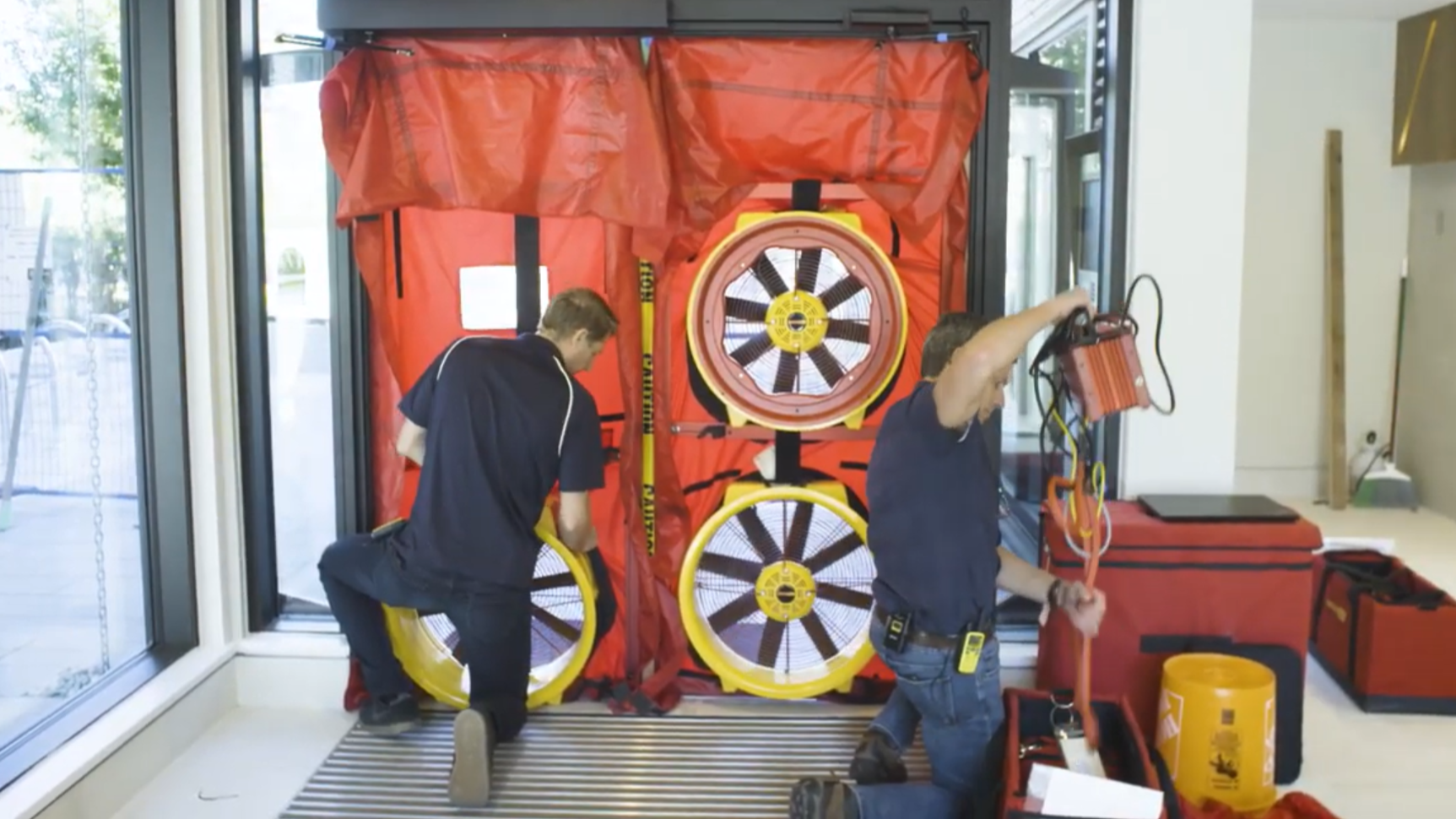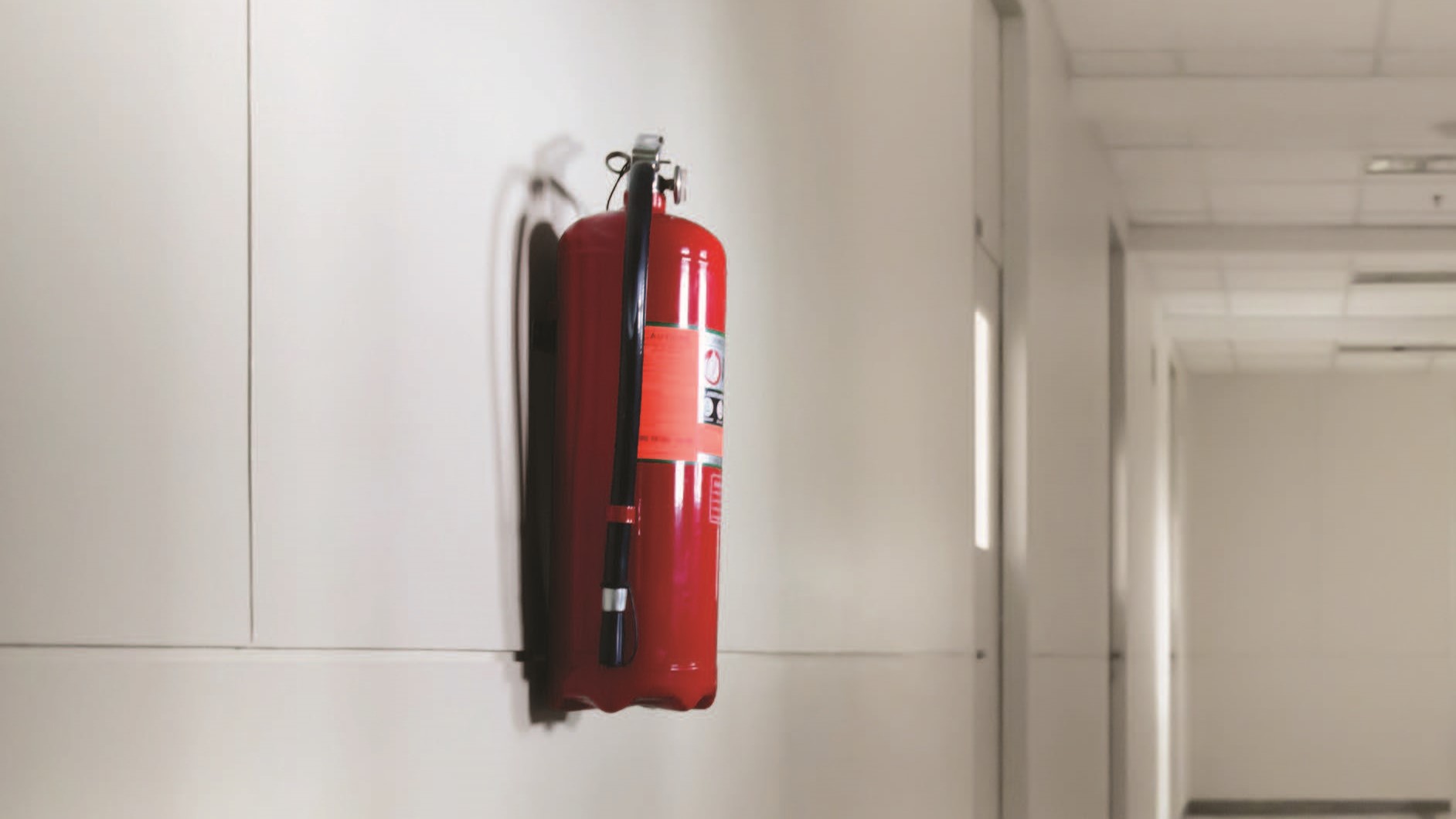BC Codes
Provincial construction standards guide building and renovating in B.C.

BC Building Code
The BC Building Code regulates new construction, building alterations, repairs and demolitions in B.C.

Energy and Zero Carbon Step Codes
The BC Energy and Zero Energy Step Codes set minimum standards for new construction.

BC Fire Code
The BC Fire Code is a provincial regulation on fire safety for existing buildings and facilities and those under construction.
Sign up for our BC Codes mailing list! Get notified of revisions, bulletins and resources when they are available.
Digital construction tools Explore digital tools and services that help make design, permitting and construction easier
Bulletins
Technical bulletins help clarify code provisions and changes.
Resources
Access guides, reports and historical documentation to support your work.
Code revisions
Review changes to the Building, Plumbing, and Fire codes from 2006 to today.
Public reviews
Learn what code changes are currently under review in B.C.
Appeals
Submit an appeal or review past decisions from the Building Code Appeal Board.
Interpretations
Access non-binding code interpretations from the Code Interpretation Committee.
Contact information
For more information, please contact the Construction Standards and Digital Solutions Branch:
